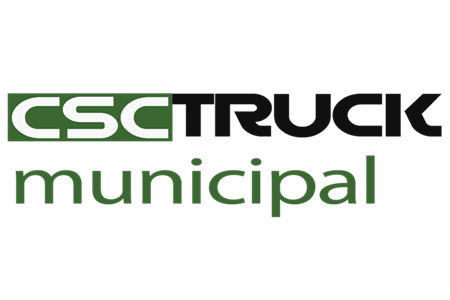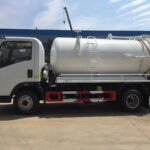Introduction
Sewer systems play a crucial role in maintaining public health and preserving the environment. Over the years, advancements in technology have improved the efficiency and effectiveness of sewer maintenance and management significantly. One area that has seen remarkable progress is vacuum truck technology. These specialized vehicles equipped with powerful vacuum systems have revolutionized the way we clean and maintain sewer systems. In this article, we will explore the future of sewer systems and the advancements in vacuum truck technology that promise to enhance their capabilities.
The Importance of Sewer Maintenance
Sewer systems are the lifelines of urban areas, transporting wastewater and sewage away from residential, commercial, and industrial areas. Proper maintenance of these systems is vital to prevent blockages, leaks, and overflows, which can lead to significant health and environmental hazards. Regular cleaning and inspection are essential to identify potential issues and ensure the smooth operation of sewer networks.
Advancements in Vacuum Truck Technology
- Increased Efficiency: Vacuum trucks have become more efficient in recent years, thanks to advancements in their design and components. The vacuum systems are now capable of generating higher suction power, enabling faster and more effective removal of debris and waste from sewer lines. This increased efficiency translates into reduced cleaning time, minimizing disruptions to the community and allowing for more thorough maintenance practices.
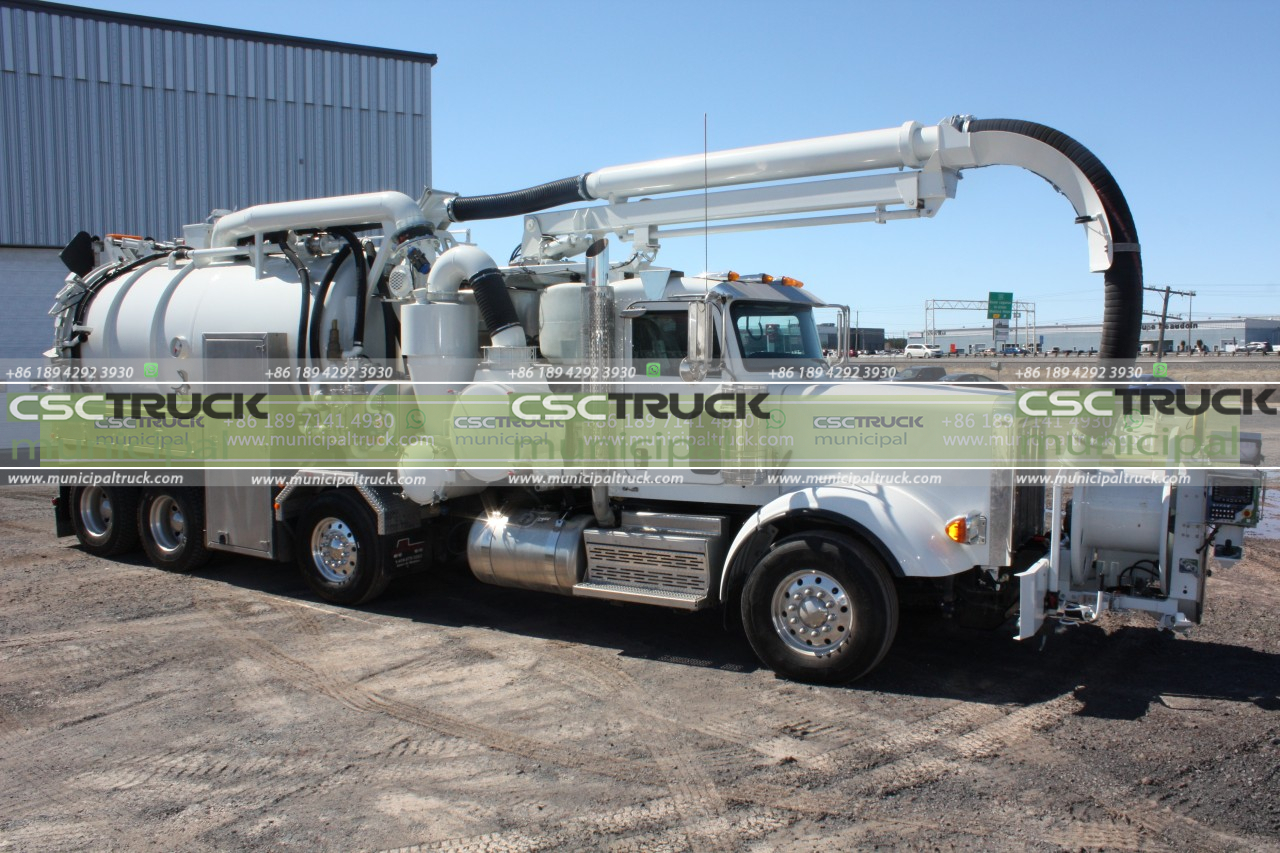
- Advanced Filtration Systems: Vacuum trucks now come equipped with advanced filtration systems that separate solids and liquids efficiently, ensuring only clean water is discharged back into the sewer system. These filtration systems prevent the introduction of contaminants into the environment and comply with stricter environmental regulations. The improved filtration capabilities also enable the extraction of finer debris, enhancing the overall cleanliness of sewer lines.
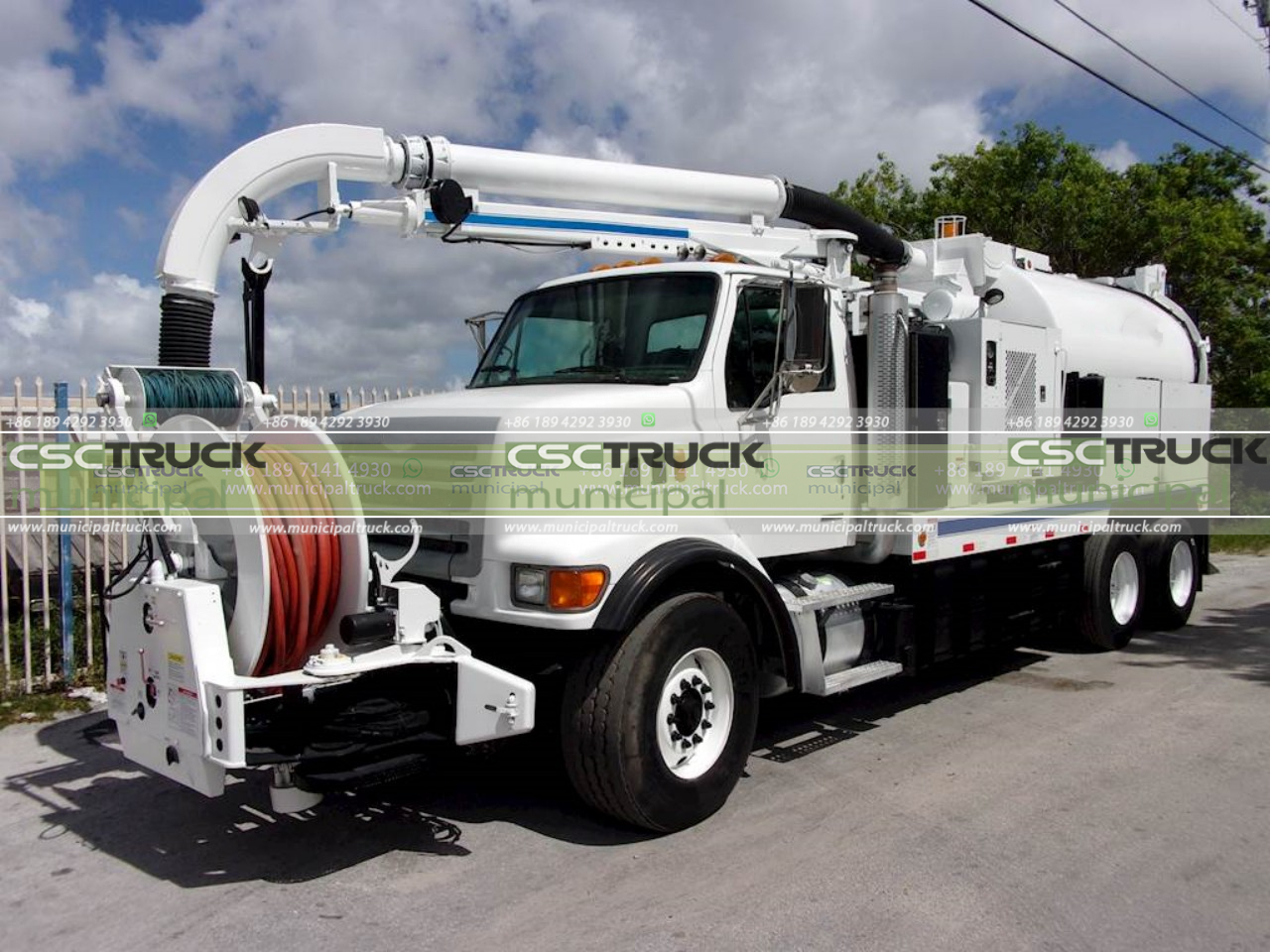
- Remote Monitoring and Control: The future of sewer systems lies in automation and remote monitoring. Vacuum trucks are being integrated with advanced sensor technologies and telemetry systems, allowing operators to monitor the status of the vehicle and the sewer network in real-time. This remote monitoring capability provides valuable insights into the condition of the sewer system, enabling proactive maintenance and early detection of potential issues. Additionally, remote control features allow operators to adjust settings and perform certain functions without being physically present, improving operational flexibility and efficiency.
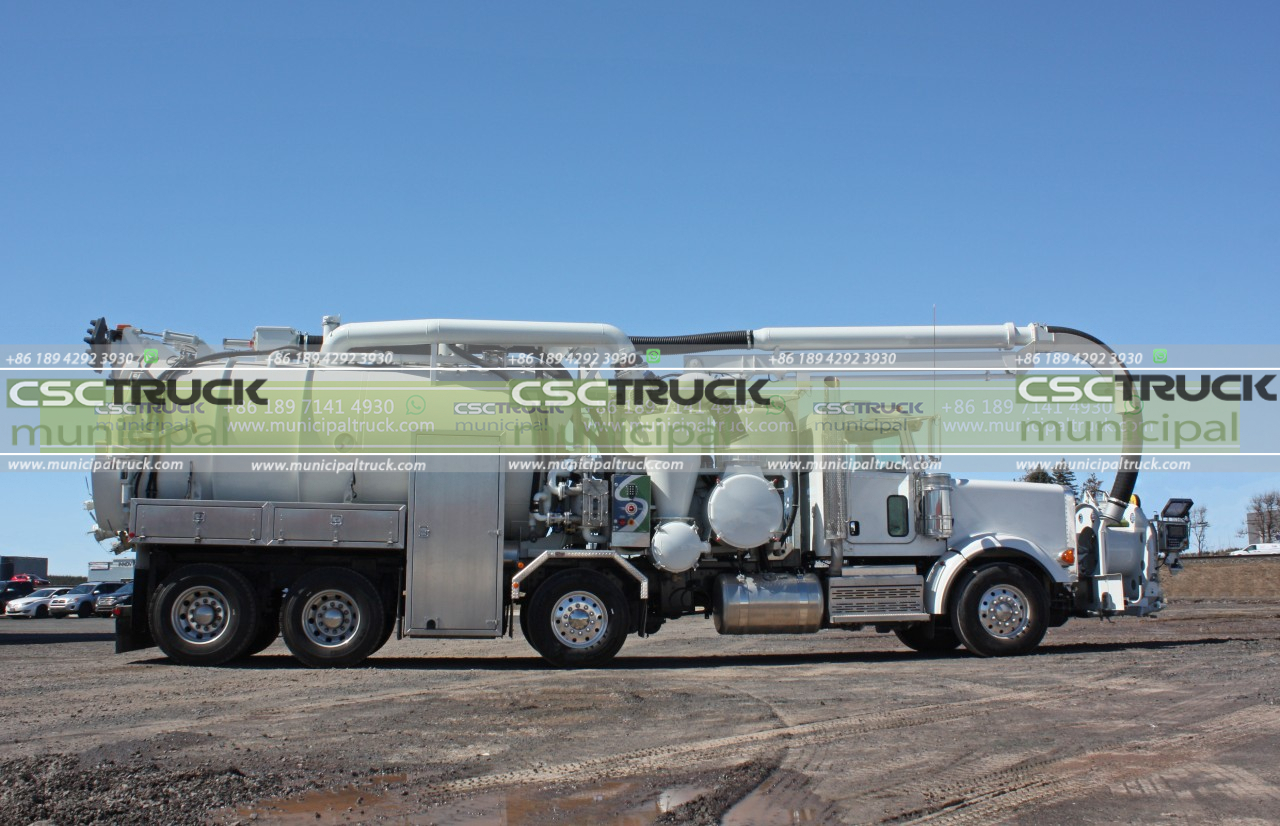
- Robotic Assistance: As technology advances, the use of robotic systems in sewer maintenance is gaining traction. Robotic devices, such as sewer inspection robots and autonomous cleaning machines, can navigate through sewer pipes and perform tasks with precision and efficiency. These robots can identify cracks, blockages, and structural defects, allowing for targeted repairs and reducing the need for extensive excavation. By combining vacuum trucks with robotic assistance, sewer maintenance can become more accurate, cost-effective, and less disruptive to the surrounding infrastructure.
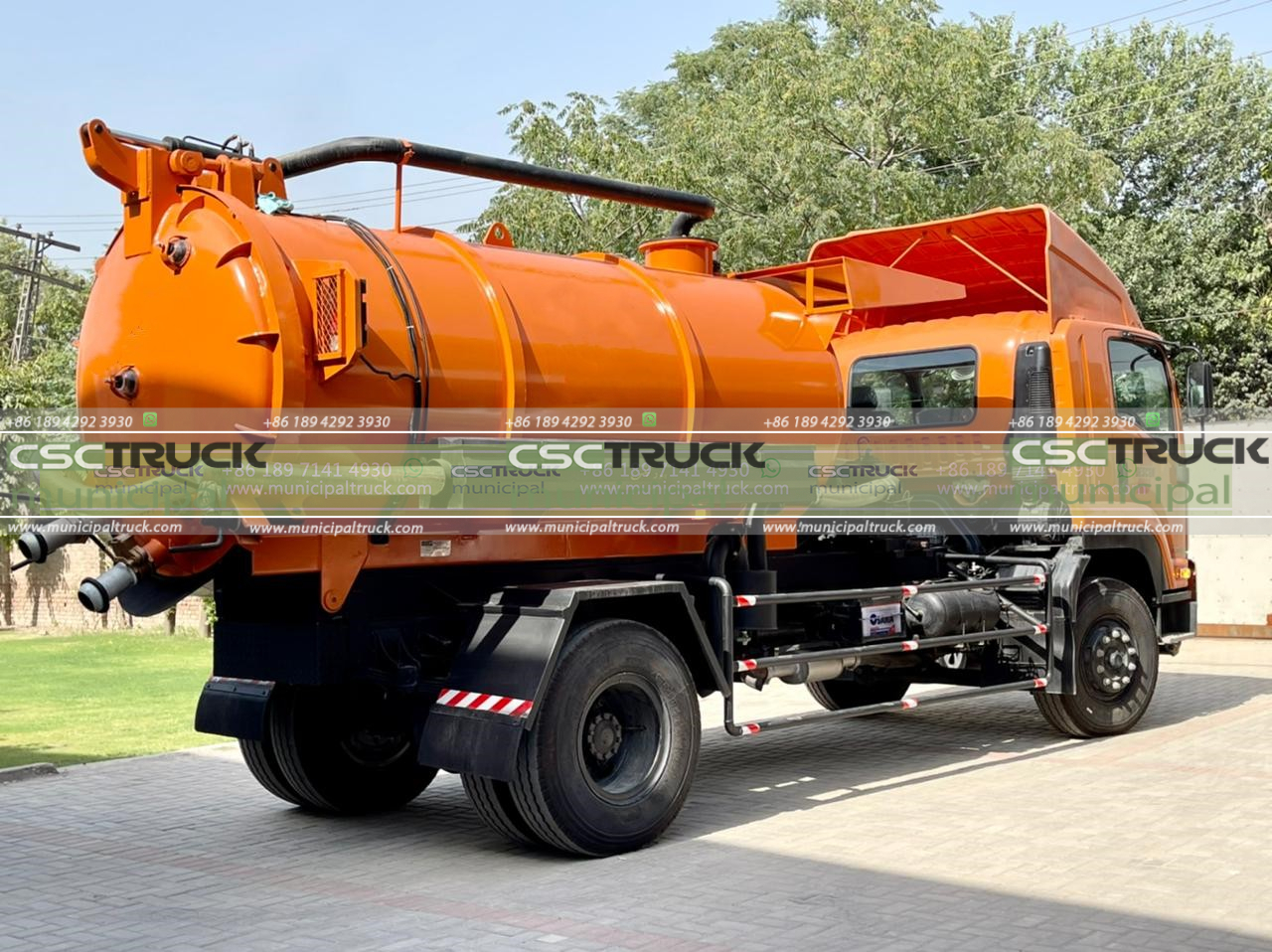
- Sustainable Power Sources: Vacuum trucks traditionally rely on diesel engines for power. However, there is a growing emphasis on sustainable and environmentally friendly solutions. The future of vacuum truck technology lies in the adoption of alternative power sources such as electric or hybrid systems. Electric vacuum trucks are quieter, produce zero emissions, and have lower operating costs. As advancements in battery technology continue, we can expect to see more eco-friendly vacuum trucks on the road, contributing to a greener future for sewer maintenance operations.
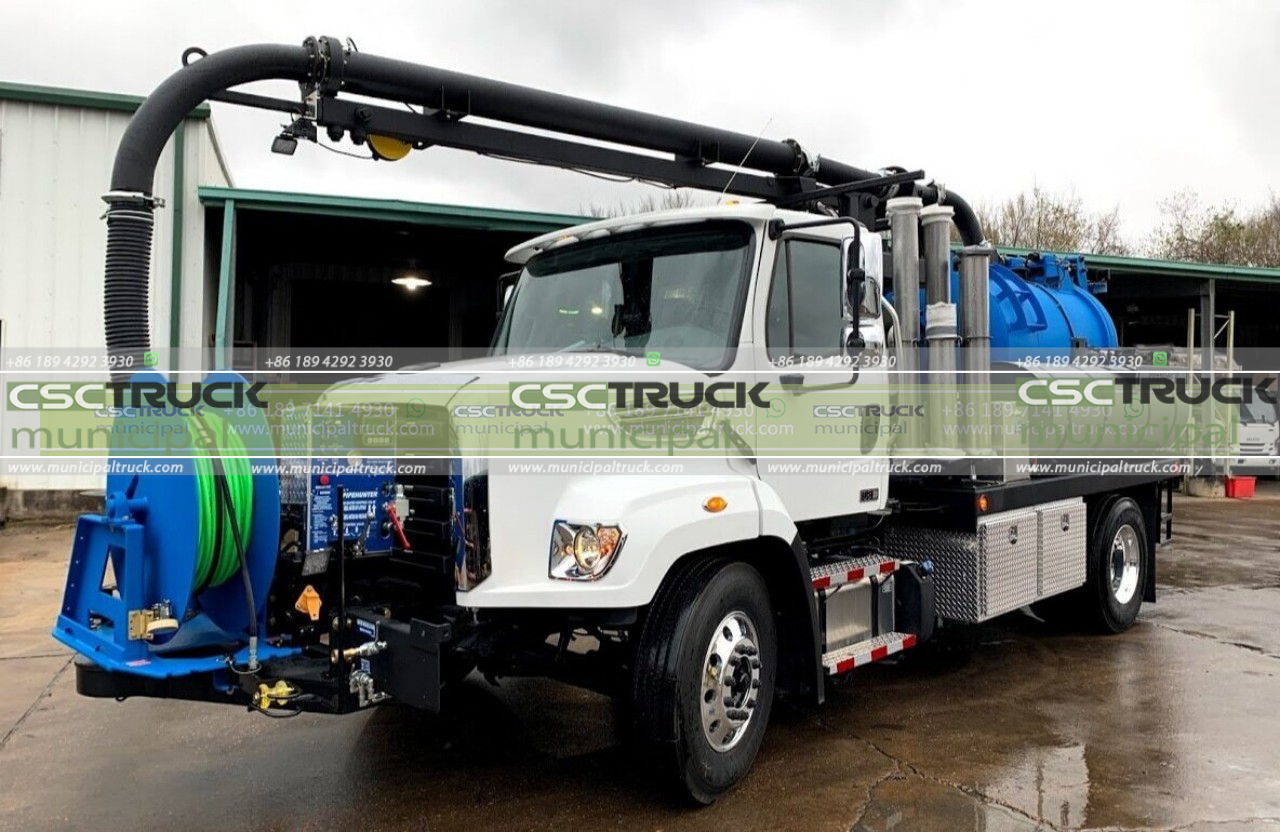
- Data Analytics and Predictive Maintenance: With the integration of advanced sensor technologies and data analytics, vacuum truck technology is evolving to enable predictive maintenance strategies. By collecting and analyzing data on the condition of sewer systems, such as flow rates, pressure levels, and debris accumulation, operators can identify patterns and potential issues before they become major problems. This proactive approach to maintenance minimizes the risk of costly repairs and reduces the impact on the community. By utilizing predictive maintenance, vacuum trucks can be strategically deployed, targeting specific areas that require immediate attention, optimizing resources, and maximizing efficiency.
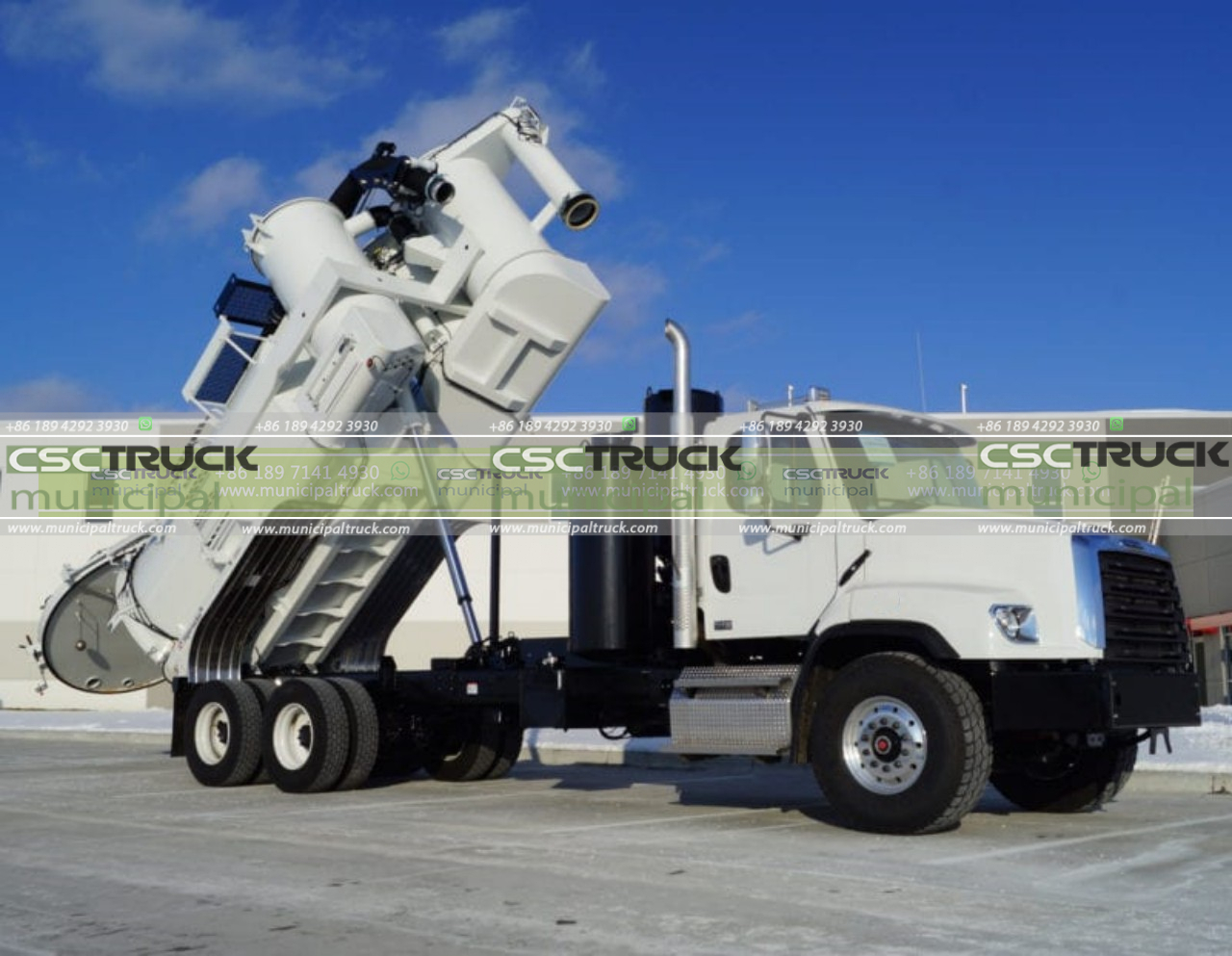
- Augmented Reality (AR) and Virtual Reality (VR) Applications: As sewer systems become more complex, the need for efficient training and troubleshooting methods arises. Vacuum truck technology is incorporating augmented reality (AR) and virtual reality (VR) applications to enhance operator training and improve troubleshooting capabilities. Through AR and VR simulations, operators can familiarize themselves with different sewer system configurations, practice operating vacuum trucks in a virtual environment, and identify and resolve issues using real-time data overlays quickly. These technologies streamline training processes and enable faster response times, ultimately enhancing the overall efficiency and effectiveness of sewer maintenance operations.
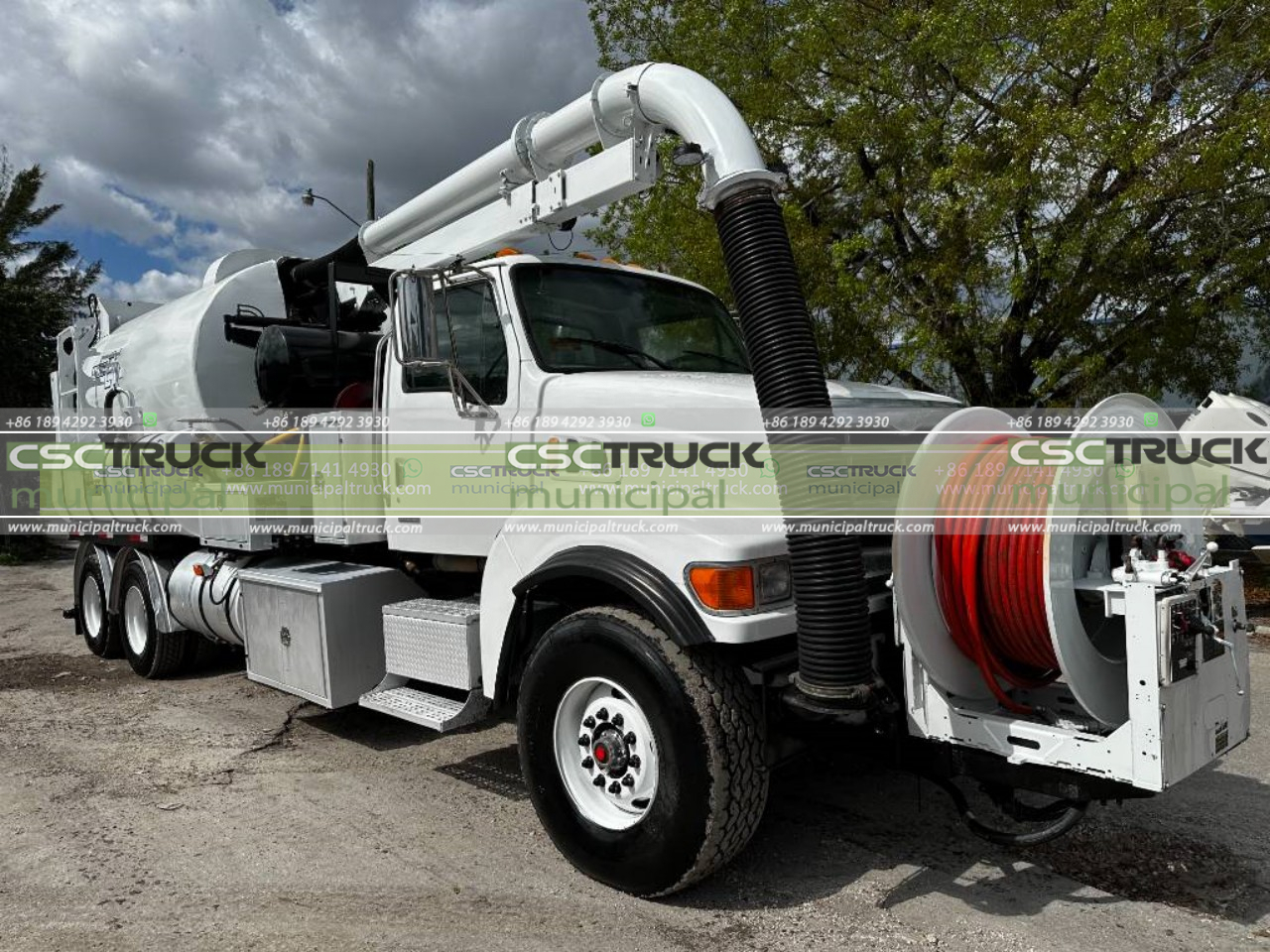
- Integration with Smart City Infrastructure: The concept of smart cities is gaining momentum, and sewer systems are an integral part of this transformation. Vacuum trucks are being integrated into smart city infrastructure, allowing for seamless communication between various components of the sewer network. By connecting vacuum trucks to a centralized system, operators can receive real-time updates on sewer conditions, optimize routes based on traffic and weather data, and coordinate with other maintenance vehicles to streamline operations. This integration improves the overall management of sewer systems, leading to enhanced sustainability, cost-efficiency, and resource allocation.
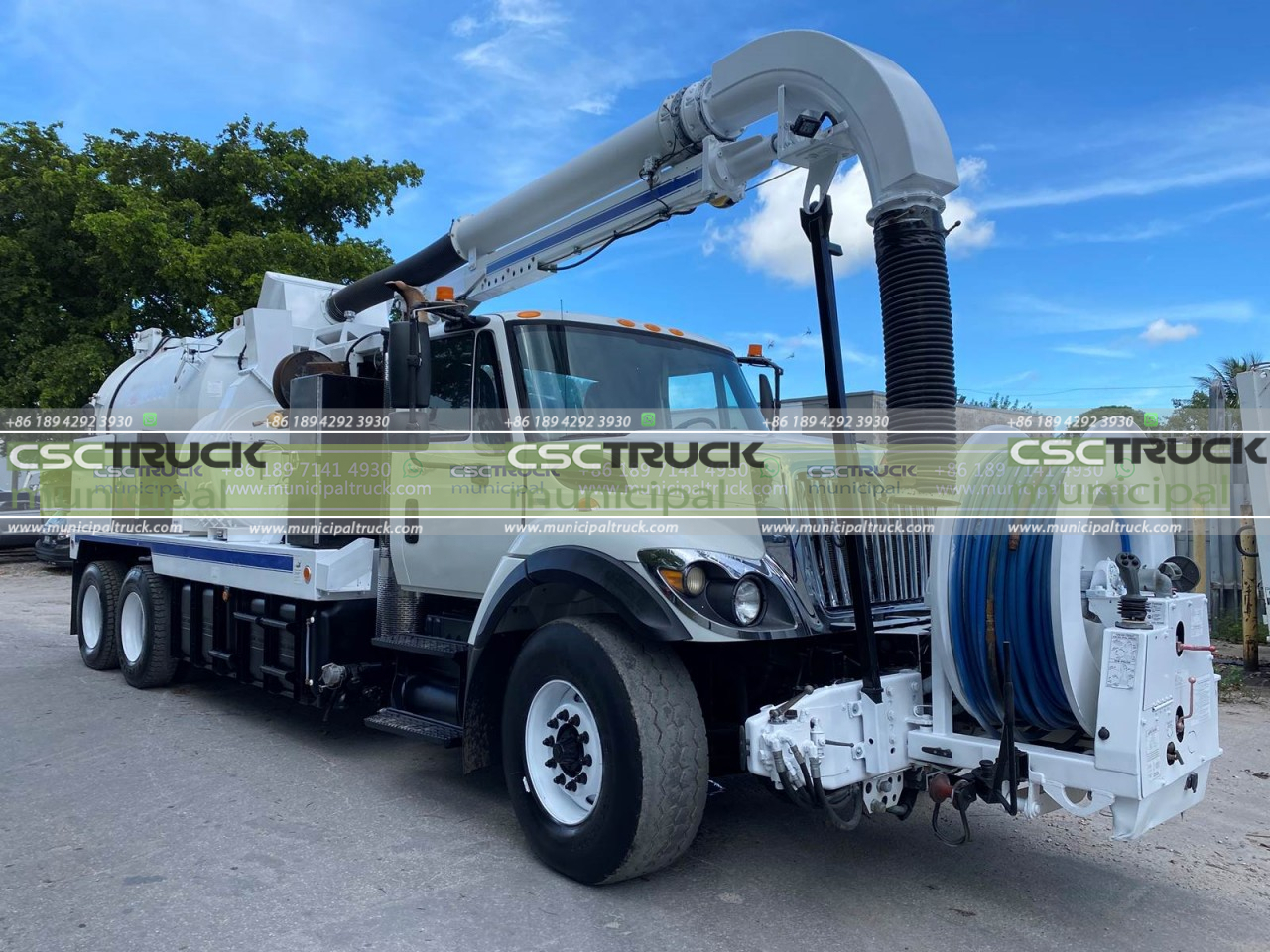
- Robotics and Artificial Intelligence (AI) Collaboration: In the future, vacuum truck technology will further leverage the power of robotics and artificial intelligence (AI) for enhanced functionality. Collaborative efforts between robotic devices and vacuum trucks can enable more precise and autonomous cleaning operations. AI algorithms can analyze data collected from sewer inspections and predict the best cleaning strategies based on historical patterns. Robotic arms integrated into vacuum trucks can perform targeted repairs, reducing the need for manual intervention and improving the overall speed and accuracy of maintenance tasks. This collaboration between vacuum trucks, robotics, and AI will revolutionize sewer maintenance, making it safer, faster, and more efficient.
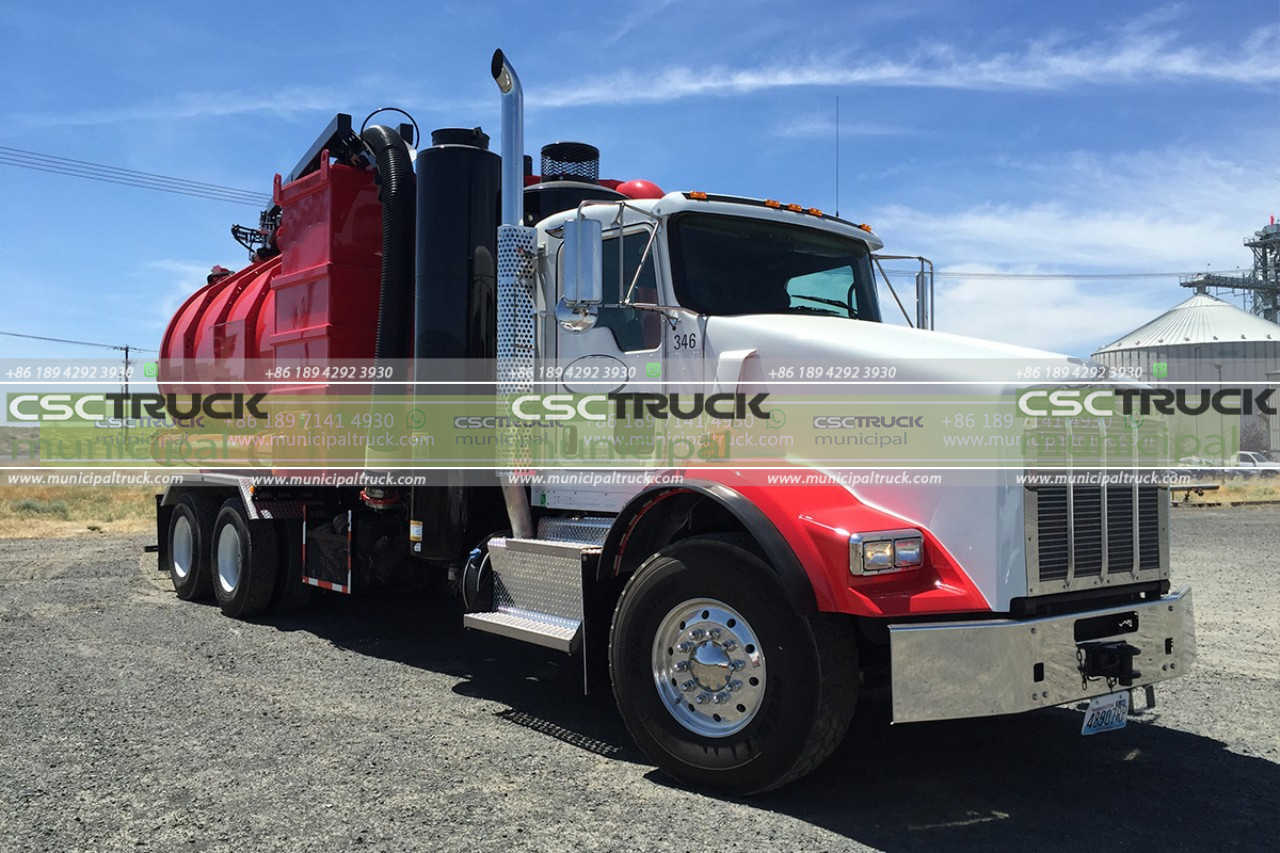
Conclusion
The future of sewer systems is poised for remarkable advancements, driven by the continuous development of vacuum truck technology. With increased efficiency, advanced filtration systems, remote monitoring and control, robotic assistance, sustainable power sources, data analytics, AR and VR applications, smart city integration, and collaboration with robotics and AI, vacuum trucks are transforming sewer maintenance and management practices. These advancements promise cleaner, more resilient, and sustainable sewer systems that ensure public health, preserve the environment, and minimize disruptions to urban areas. By embracing these innovations, we can build a future where sewer systems operate seamlessly and contribute to the overall well-being of our cities.
Contact us for this municipal truck or similar trucks: [email protected] Call us or What's APP us: +86 189 4292 3930
